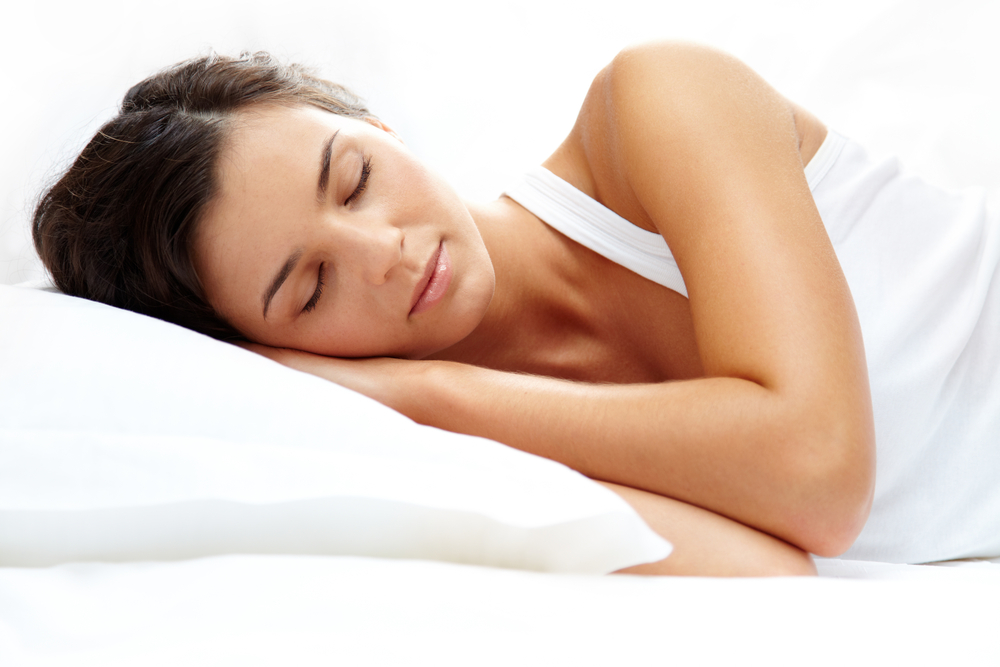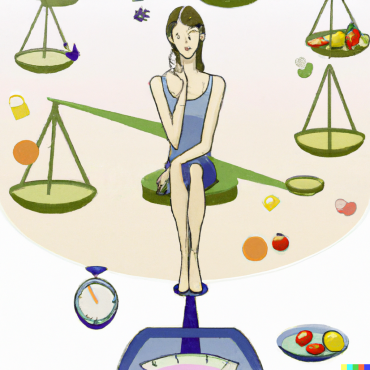Some months ago a patient came to me with an unusual request. He asked me to suggest an anti-ageing remedy that was already a part of his daily life and would require no extra medication or effort. That got me thinking and I sat down to write this.
It may surprise some of us but sleeping is the most natural and effective cure against the process of ageing. Sleep, through its various stages, promotes total rejuvenation and restoration of the body and mind. This helps us to feel cheerful, happy, productive and energetic while tending to our daily chores and work requirements.
Let’s take a look at how sleep aids anti-ageing. While we sleep, our body initiates a process of cell and tissue repair and regeneration. In delta sleep, which is the fourth stage of sleep, the body releases growth hormones that peak and help fresh, new cells to replace old ones. Sleeping also induces the production of collagen, a key ingredient in firm, youthful skin. With our growing age, our sleeping pattern gets affected which has a deep and prominent effect on our skin, especially the face causing skin conditions like dark circles, pale skin, wrinkles and dehydrated skin.
Scientifically, REM or Rapid Eye Movement Sleep is the most critical part of natural anti-ageing. REM sleep is the fifth stage of sleep when the body’s voluntary functions/ muscles are temporarily paralyzed and the healing process begins. To naturally allow your body to regenerate itself and not degenerate or age, it is crucial to get good sleep and allow the body to go through all the five stages of sleep peacefully. Let’s see how this can happen.

Image Source: blogspot.com
Maintaining superior sleep hygiene
Sleep hygiene is termed as controlling ‘each and every environmental and behavioral factor which leads to sleep or may interfere our sleep pattern’. Cultivating the following habits are essential to optimize sleep hygiene:
Daily habits:
- Ensure that your body gets used to a fixed sleeping and waking up time. This routine should be maintained even on weekends and holidays
- Alcohol, caffeine and nicotine are all stimulants that should be avoided 4-6 hours before bedtime to get a good night’s sleep
- Avoid the intake of caffeine in the late evening hours. This can keep you up longer
- Avoid napping during the day or take a very small mid-afternoon nap
- One must eat way before bedtime as it generally takes four hours for a meal to be digested. For your last meal of the day, avoid foods that are difficult to digest, acidic in nature or have an overdose of sugar
- Exercise regularly, physical activity leads to good sleep; however, your exercise routine should be planned at least four hours before bedtime
Setting up the right sleeping environment:
- Your mattress is the most important thing for a sound night’s sleep; each person’s comfort level is subjective so choose what is best for you
- Maintain darkness and a cool temperature in the room; you can start dimming your lights an hour before bedtime
- Get rid of noise that disturbs your sleep – this could be the electronic whirring of a machine or the message tone on your phone; use ear plugs if the origin of the noise is beyond your control
- Keep the gadgets away; any emissions or light from the screen of your smartphone, laptop or iPad can be distracting
- The primary utility of the bed should be for sleeping and intimacy, and not as an office or for watching TV

Image Source: h-cdn.co
Pre-bedtime habits:
- You could have a light snack before going to bed
- Practice relaxation techniques before bed; these include yoga or meditation, reading a book or visualizing a relaxing environment
- Don’t take your worries to bed; jot them down in a journal if necessary and deal with them later
- Do not watch late night television as it’s a very engaging activity
- Establish a pre-sleep ritual that lets your body know it’s time to sleep
- Get into a sleeping position that relax you and make you feel comfortable
If you do happen to wake up in the midst of your sleep at night and can’t get back to sleep within 15-20 minutes, you can try some deep breathing or light reading. That might help. The first option is to simply lie in bed and lull yourself back to sleep.
Other factors:
Physical factors may sometimes upset sleep, including arthritis, acid reflux, menstruation, headaches and hot flushes. It is important to address these separately. Physiological and mental health problems like depression, anxiety and stress may also affect your sleep time. Side effects of ongoing medication should be investigated and other problems should be dealt with separately.
If you make it a point to focus on your sleeping pattern and create a positive sleeping environment, a good night’s sleep will be within your reach. And that will automatically delay the process of ageing.
Featured Image Source: antiaginghelp.biz

























































Comments